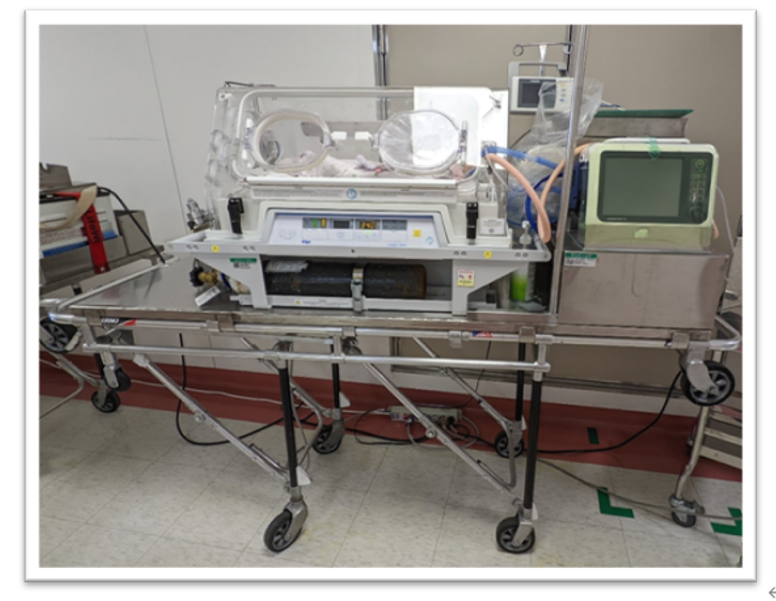Neonatology
Session: Neonatal Quality Improvement 5
77 - Exploring The Impact of Noise Reduction During Transport of High-Risk Neonates: A Randomized Controlled Trial
Monday, May 6, 2024
9:30 AM - 11:30 AM ET
Poster Number: 77
Publication Number: 77.2880
Publication Number: 77.2880

YU CHING SHEN, MA
National Taipei University of Nursing and Health Sciences
Cathay general hospital
Taipei, Taipei, Taiwan (Republic of China)
Presenting Author(s)
Background: High-risk neonates face stressors during transportation, including high-intensity noise, leading to pain and physiological issues. Transporting neonates requires specialized medical services and noise control measures for stable physiological parameters and pain control.
Objective: Investigate the impact of noise reduction on physiological parameters and pain indicators during transport for high-risk neonates.
Design/Methods: A randomized controlled trial recruited high-risk neonates referred to a medical center within 28 days of birth, excluding those with congenital diseases. The experimental group used earplugs for noise reduction, while the control group received standard care. Decibel levels, physiological parameters, and pain scores were measured before, during, and after transportation.
Results: Ten medical institutions participated with an average ambulance transportation time of 23 minutes and a distance of 9.3 kilometers. After exclusions, 42 participants (21 in each group) were included. The highest noise level during referral was 75 dB. The experimental group showed stable physiological parameters during transportation. In contrast, the control group had faster heart and respiratory rates, lower oxygen saturation, and increased blood pressure fluctuations (p < .05). Pain scores were significantly higher in the control group (control: 2.57, experimental: 0.23, p < .001). Newborns with pain scores ≥3 during transport showed improved physiological parameters with pacifiers for pain relief.
Conclusion(s): High-intensity noise and pain negatively affect neonatal health. Neonates are exposed to noise levels exceeding WHO's environmental guidelines during ambulance transportation. Earplugs effectively stabilize physiological parameters and reduce pain during transport. This study suggests incorporating noise reduction and pain control measures into protocols for improved neonatal transportation care and providing specialized training for referral personnel to enhance safety and quality.
.png)

